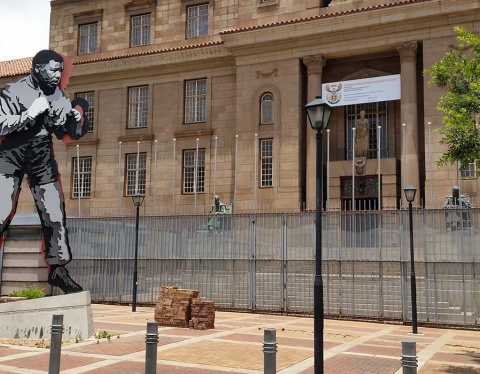In South Africa, the recordings of communications are regulated by the Regulation of Interception of Communications and Provision of Communication-Related Information Act of 2002 (known as RICA) and in terms of the Act, generally, no person may record a conversation without consent.
When can you record a conversation without consent?
The Act sets out certain exceptions to the abovementioned rule. In terms of Section 4 of the Act, you may record a conversation without consent if:
- you are a party to the conversation;
- you have the prior written consent of at least one of the parties to the conversation; or
- the conversation relates to, or occurs in the course of, the carrying on of your business.
This much has been confirmed in several cases, including the case of S v Kidson which dealt with RICA’s predecessor, but the principle therein has been confirmed in several other cases post RICA.
In S v Kidson, police officers provided an accomplice to a murder with a voice-activated tape recorder. This recorder was used it to record a conversation with the accused. The conversation included numerous details in relation to the murder which took place and the court was then required to determine the admissibility of the recordings.
The court made a distinction between ‘third party monitoring’ which entails recording a conversation by another person (eavesdropping from across the room or listening in through a phone tap) and ‘participant monitoring’ which entails recording conversation with a person who is a party to the conversation.
Ultimately, the court found that the recording of a telephone call to which one is a party does not constitute “third party monitoring” (which is unlawful) as it would essentially amount to saying that one is eavesdropping on one’s own conversation.





